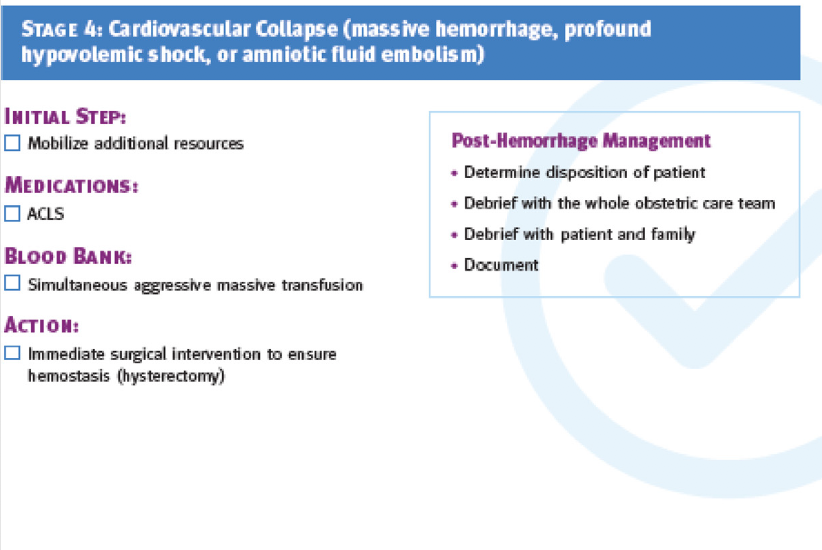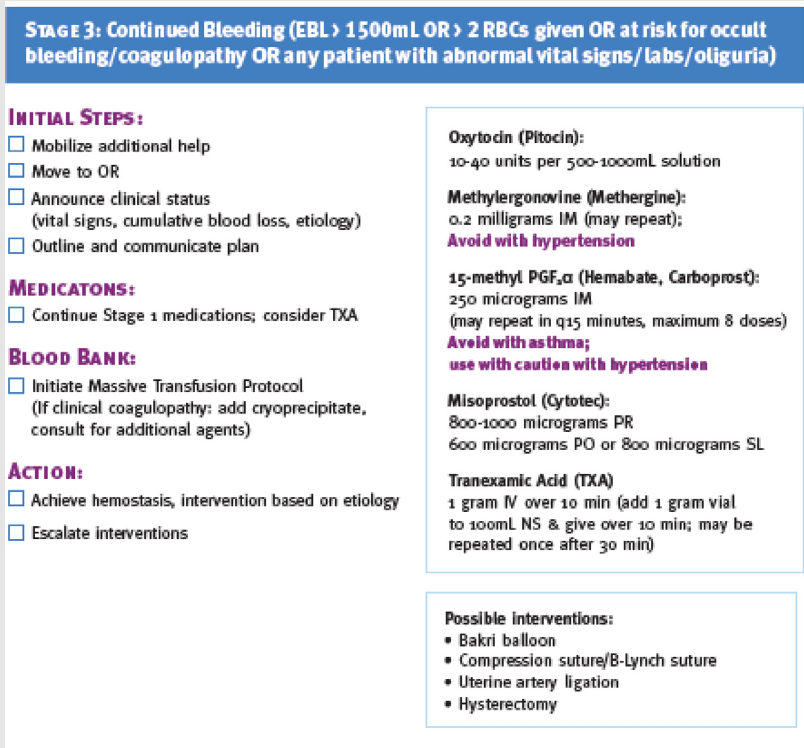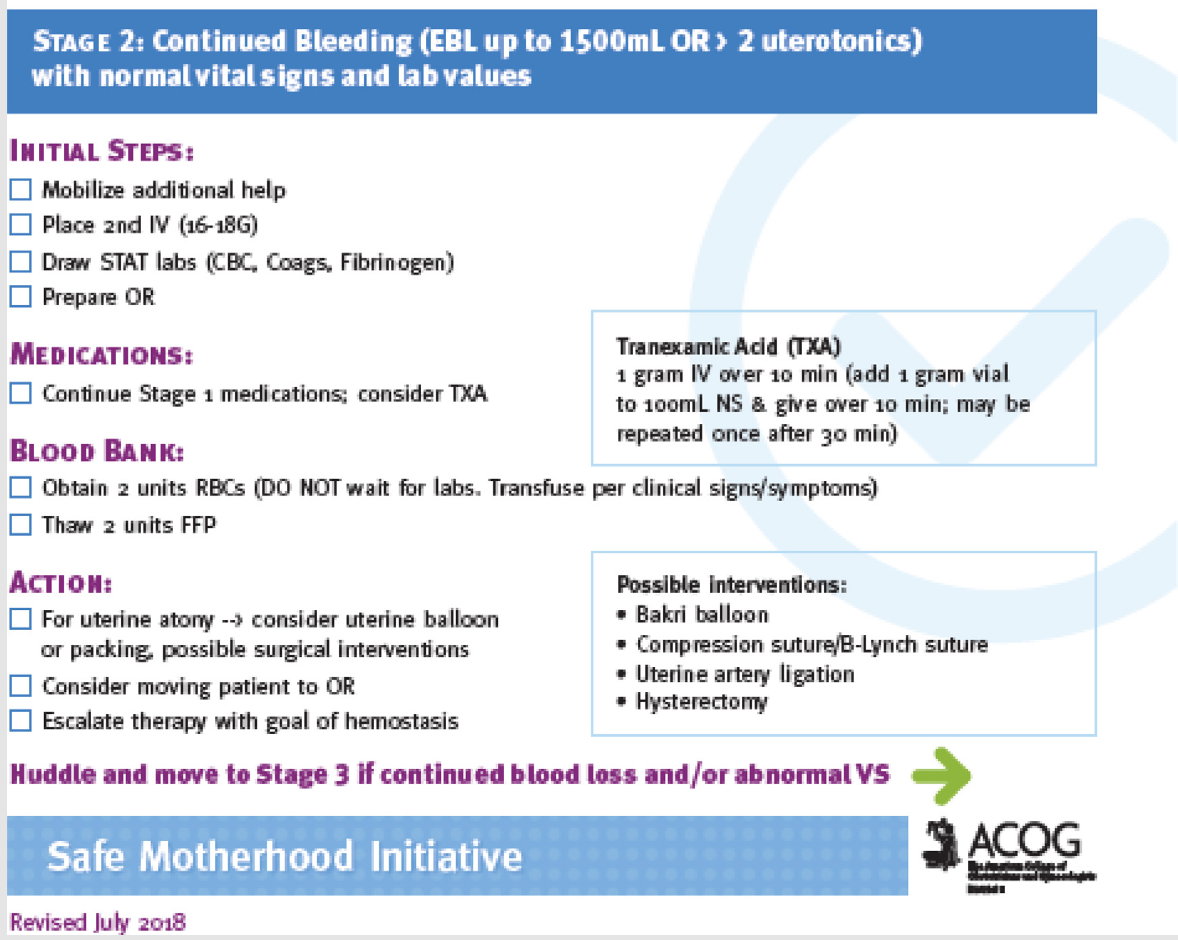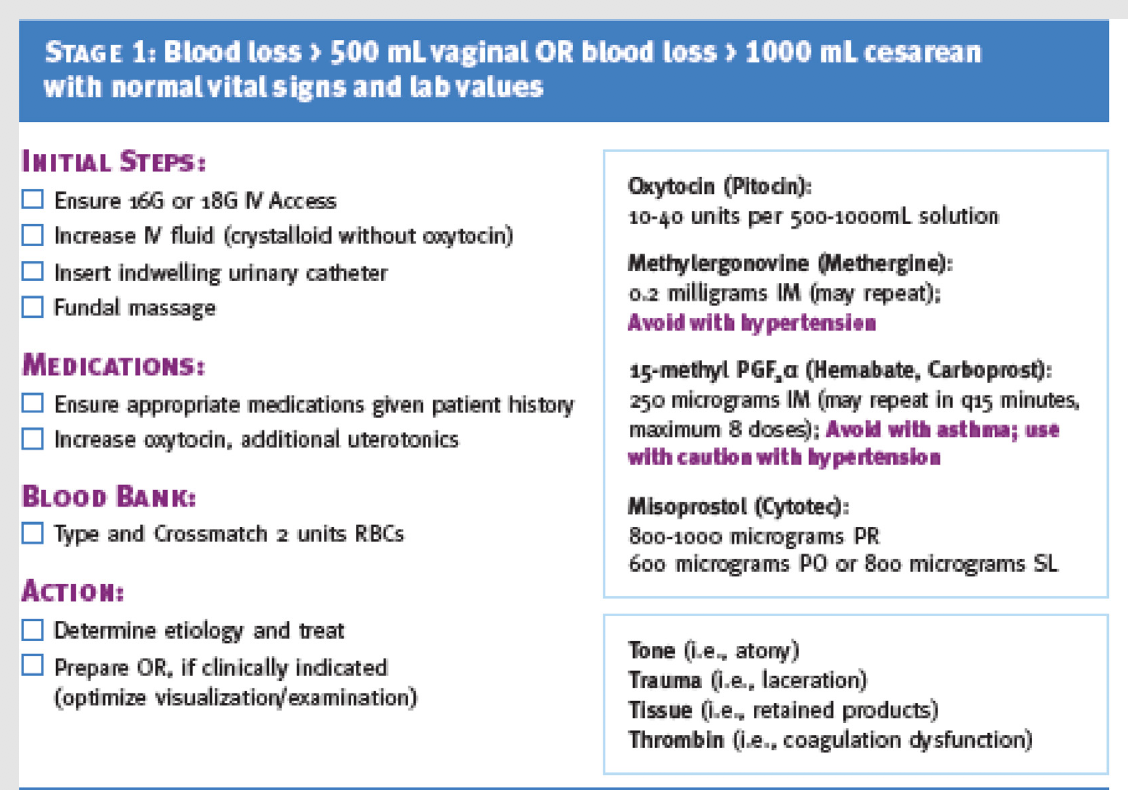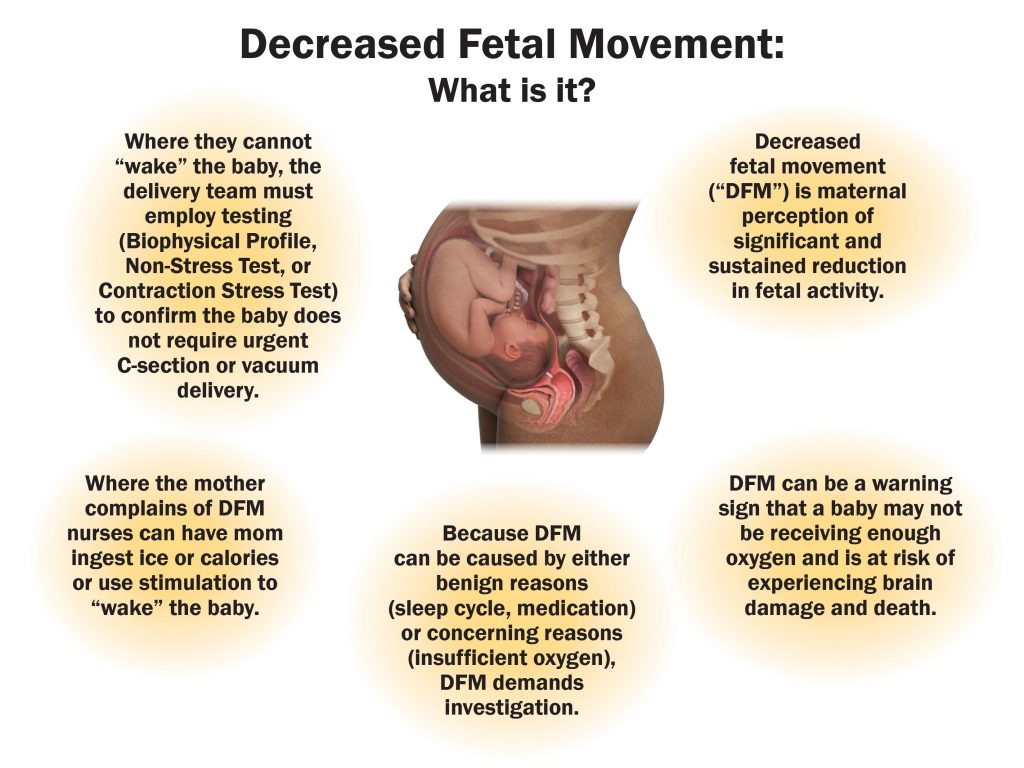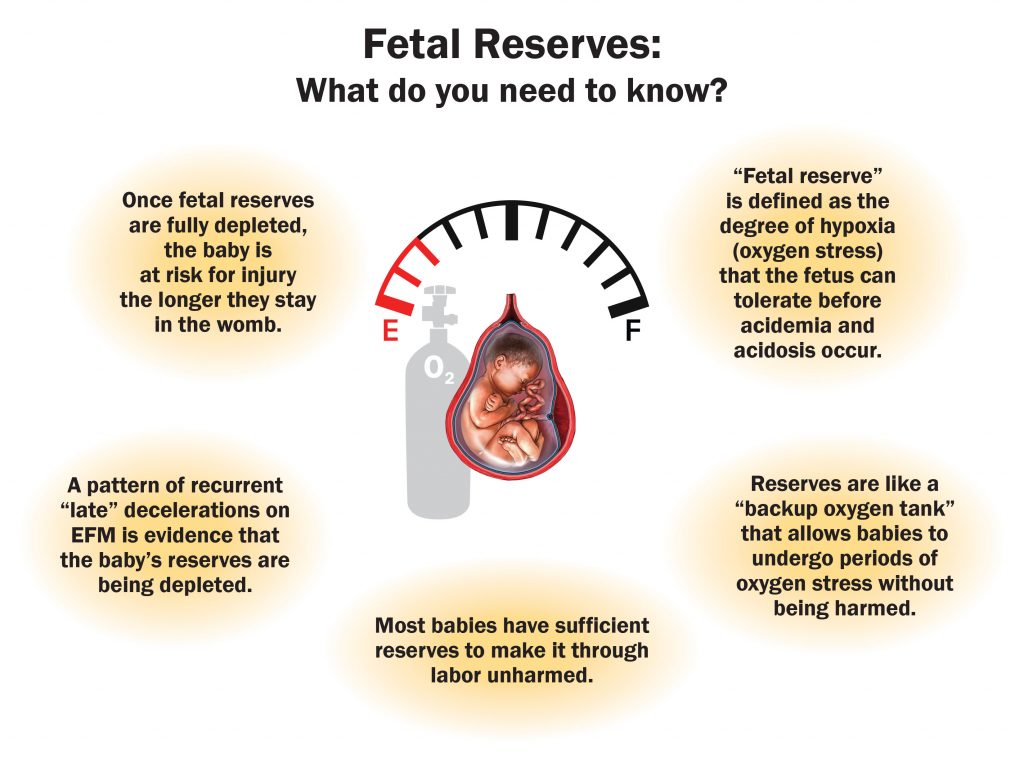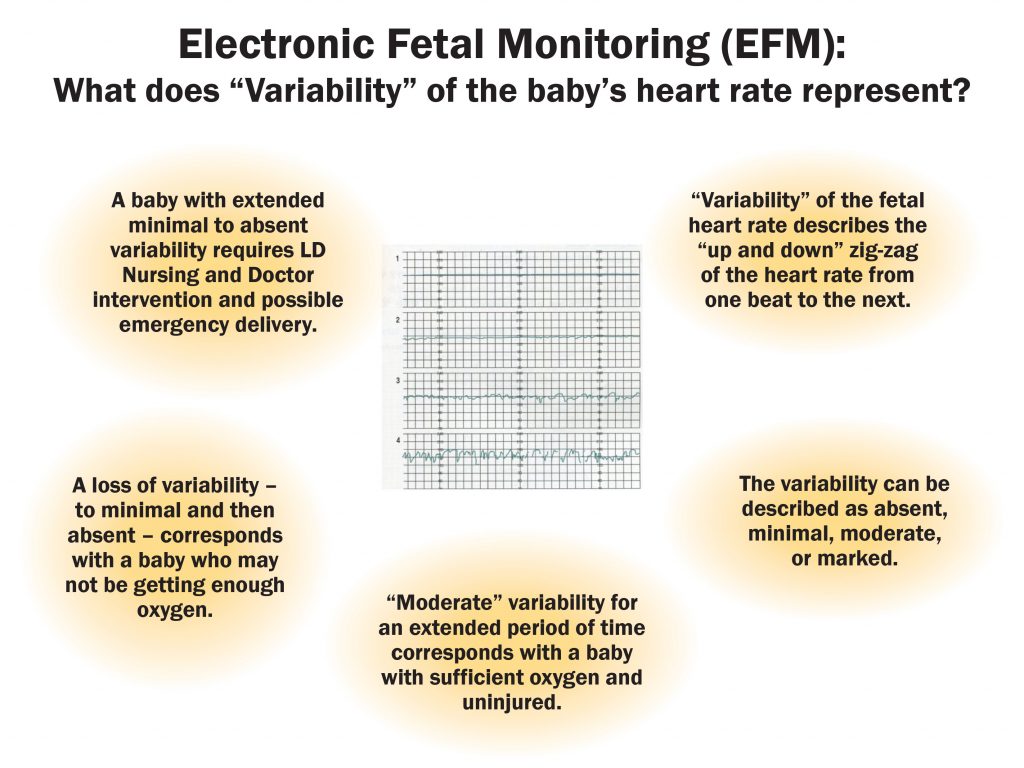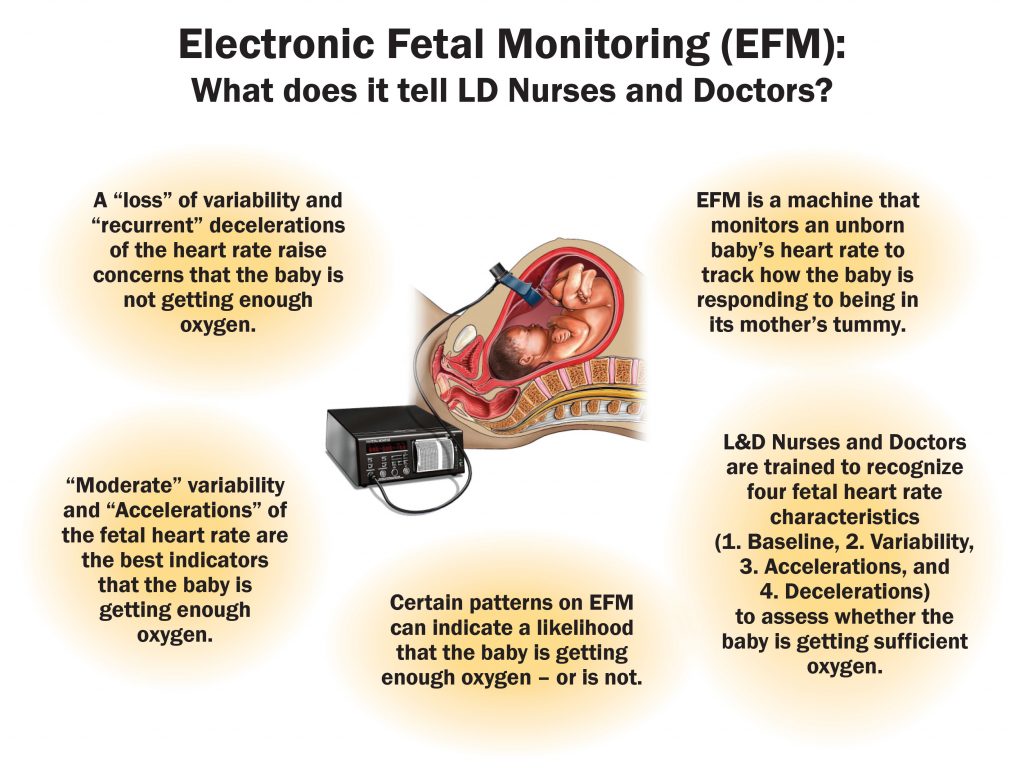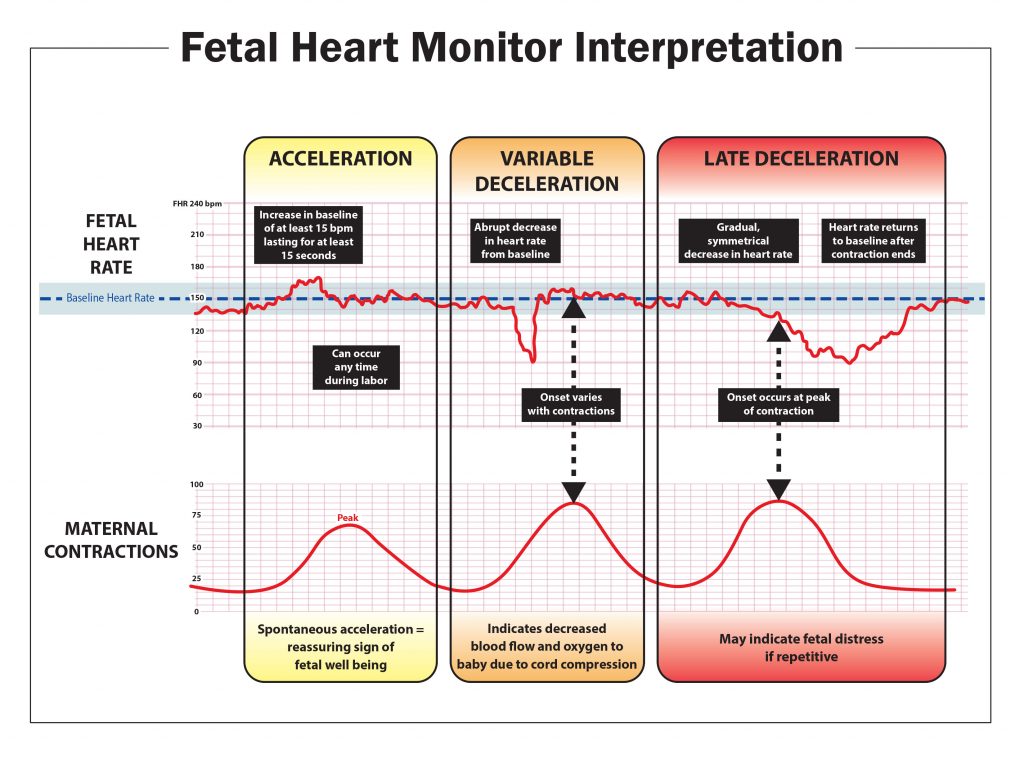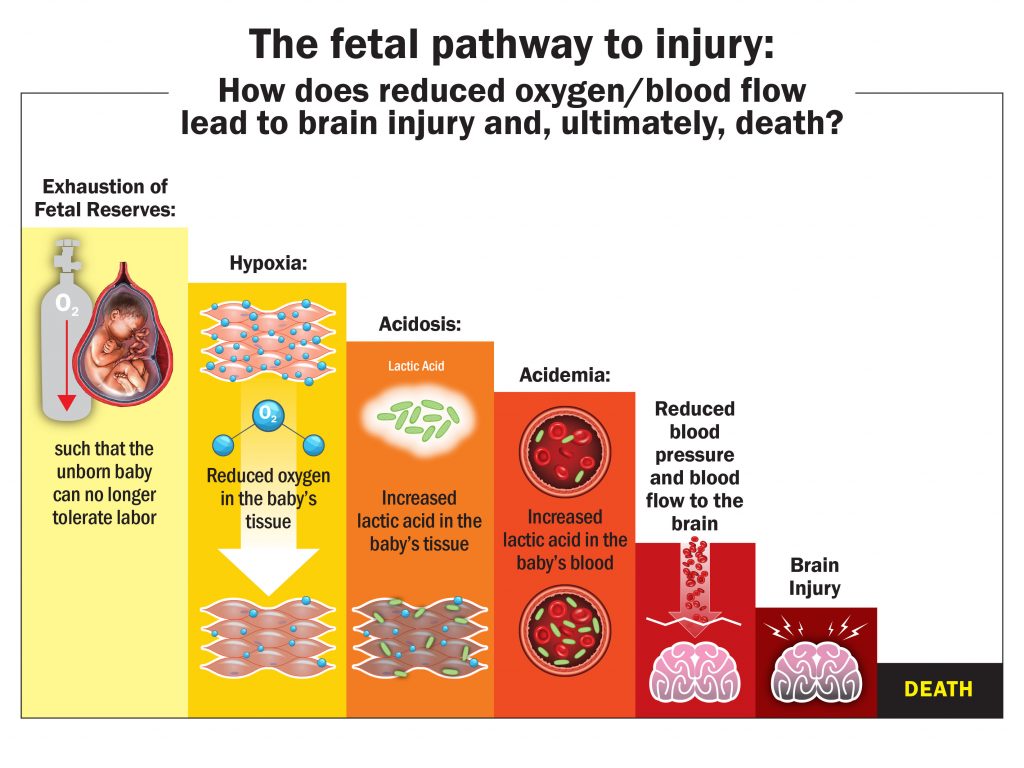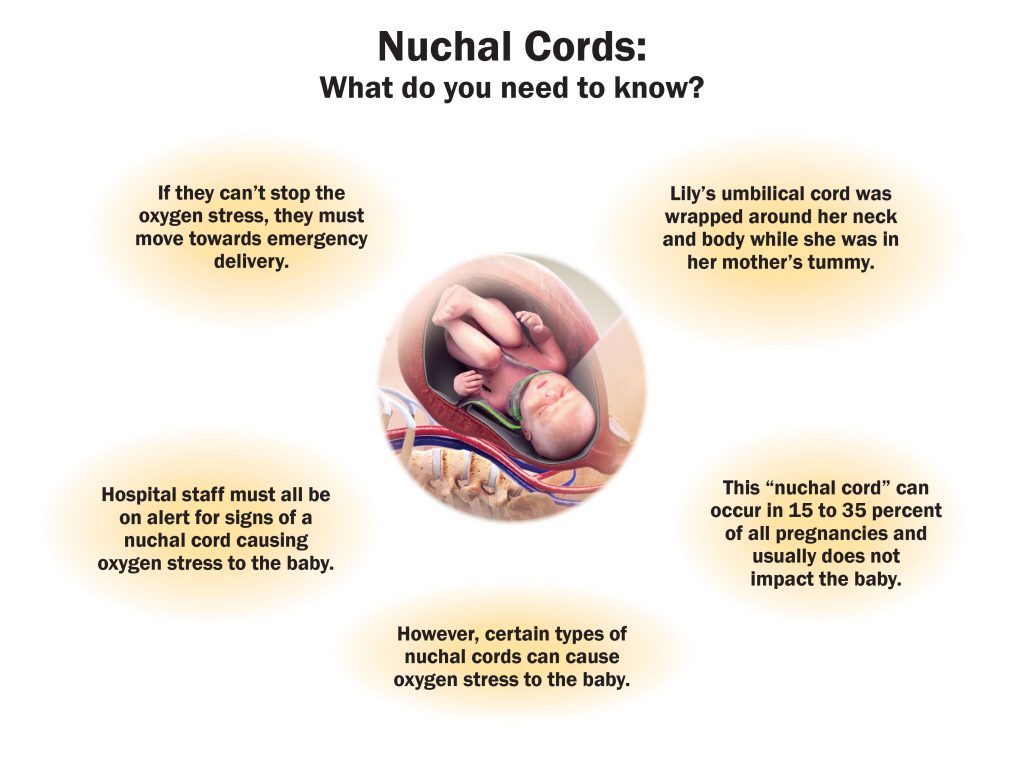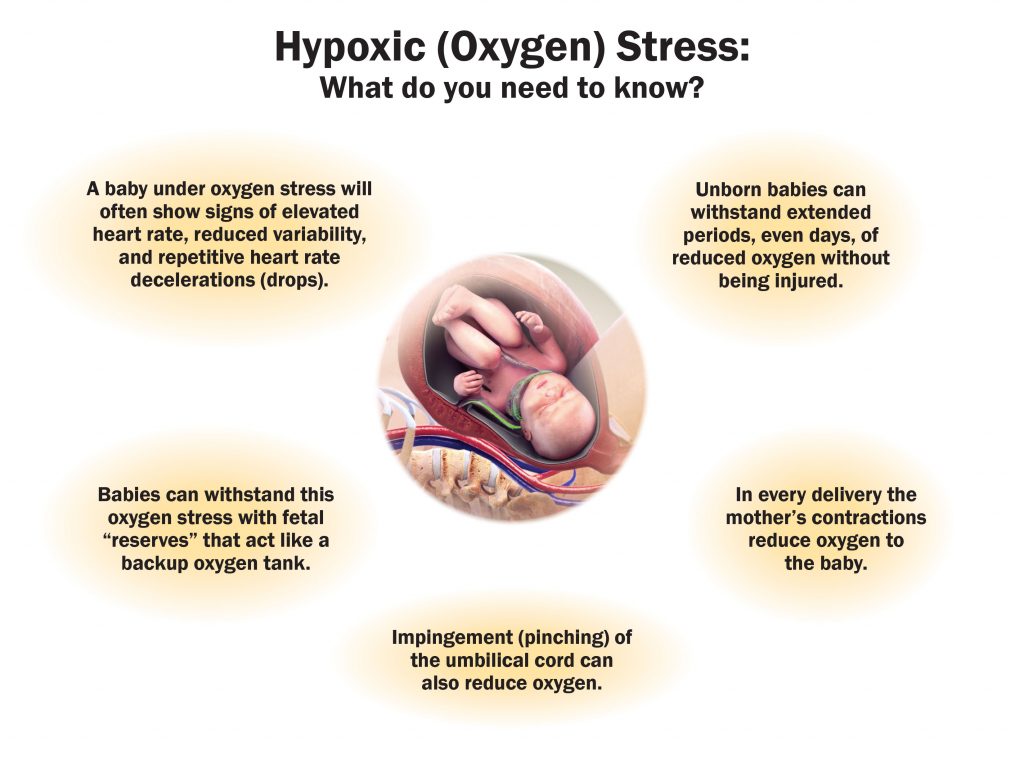Life after sustaining an injury can be tough in any situation. However, it may seem especially daunting when the injury in question is a traumatic brain injury, an injury that occurs when one sustains a violent blow to the head or body that causes damage to the brain. The brain is a resilient organ, and it is certainly possible to recover well from a traumatic brain injury. However, due to the brain’s role as the central command for the body, adjustment after the injury can be more difficult than, say, adjustment after recovering from a broken leg. This can be exacerbated upon revisiting high-pressure or high-stress situations, such as returning to work or even just being around friends and family.
When a person sustains a traumatic brain injury, she not only suffers physical damage and may exhibit difficulty with daily physical activities, such as walking or feeding herself, but she also suffers cognitive disabilities as well. A sufferer of traumatic brain injury commonly experiences issues with attention, concentration, speech, memory and problem-solving after injury.
Moreover, while recovery from physical injury is typically highly likely, so long as the patient receives good medical care and rehabilitation, emotional recovery is another concern, according to Sathya Achia Abram of Virginia Commonwealth University, who has written on the topic for the Medical Xpress. Not only are memory, attention, and concentration affected, but a sufferer of traumatic brain injury may also experience depression and anxiety upon realizing that his skills may be permanently changed. Indeed, Virginia Commonwealth University conducted a study that suggests that approximately 40 to 50 percent of those who suffer a moderate to severe brain injury would experience a depressive disorder within three years after the injury. The Model Systems Knowledge Translation Center (MSKTC) reports that sufferers of traumatic brain injuries can experience difficulty controlling emotions, mood swings, irritability, and anxiety, among other issues, due largely to damage to the part of the brain that controls emotions and behavior.
So what can be done to cope with these difficulties? For one, MSKTC says, mood swings will generally tend to decrease in the first few months after the injury. However, counseling and medication are recommended options as well for those who suffer from TBI-related mood swings and irritability. Anxiety, which can occur because of a combination of difficulty concentrating and the demands of every day life, can be minimized by medication and a structured, daily routine that requires little spontaneous planning. Most importantly, person recovering from TBI should remember that difficulties with cognitive skills are natural after brain injuries, and that counseling and support groups can help with frustration.
If you or a loved one has suffered a traumatic brain injury as the result of someone else’s negligence, such as a rear end collision, call us for help. We will talk to you and review your case for free. The Tyrone Law Firm specializes in representing those who have suffered a devastating injury, such as traumatic brain injury resulting from the negligence of another. Our personal injury firm here in Atlanta has a very successful record of trying such cases.
Nelson Tyrone handles Brain Injury, Spine Injury and RSD/CRPS cases throughout the United States. He involves only the top medical, rehabilitation and life-care plan experts in the field. His results on behalf of clients include several of the largest settlements and verdicts on record.
You can reach us at 404-377-0017 or via email at admin@tyronelaw.com. If we can’t help you, we will do our best to put you into the hands of lawyers who can.
Additional Resources
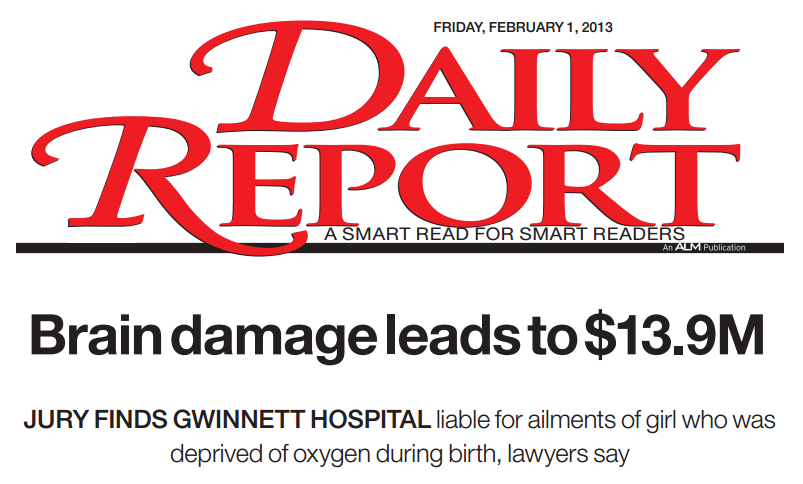



 Hayley serves as a Labor and Delivery Nurse Consultant for the Tyrone Law Firm. She attended and graduated Cum Laude from the University of Georgia in 2004 with a Bachelor of Arts degree in Journalism/Public Relations. After graduation she moved to the gulf coast where she pursued a career in real estate and development.
Hayley serves as a Labor and Delivery Nurse Consultant for the Tyrone Law Firm. She attended and graduated Cum Laude from the University of Georgia in 2004 with a Bachelor of Arts degree in Journalism/Public Relations. After graduation she moved to the gulf coast where she pursued a career in real estate and development.
